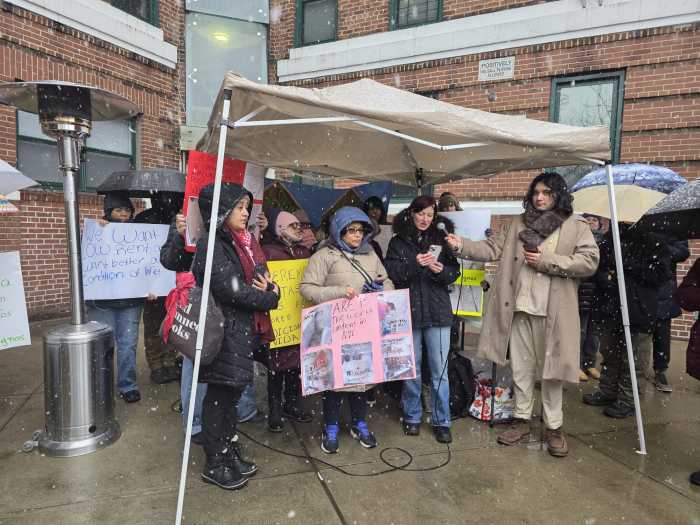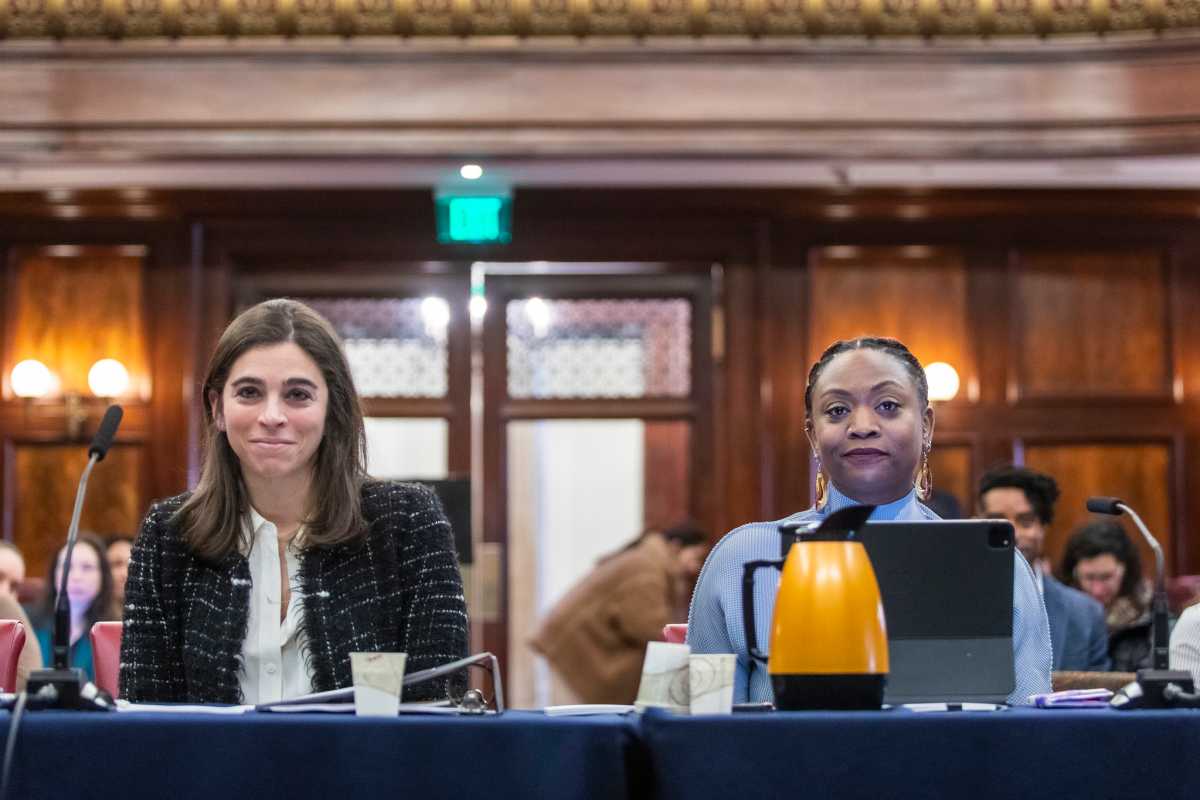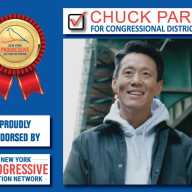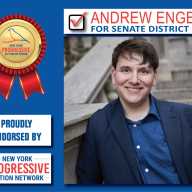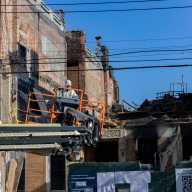
The plans for 40-31-82nd St. (Photo: Inline Realty)
Oct. 16, 2018 By Tara Law
An anti-gentrification activist group plans to appeal the Department of Building’s decision to permit a Target store to be included in a controversial Elmhurst development.
The appeal, which activist group Queens Neighborhoods United plans to submit to the Board of Standards and Appeals this Thursday, will contest the legality of the Target store that developers plan to place in the upcoming development at 40-31 82nd St.
The organization also plans to simultaneously lead a rally from 11 a.m. to 12 p.m. at the BSA’s Manhattan office to support its legal challenge.
The planned appeal is the latest in a series of challenges Queens Neighborhoods United has raised against the big-box store and the property owners of the upcoming 82nd Street development.
It follows an appeal the group filed in August with the Department of Buildings to block the Target store, planned for the building’s ground floor, from coming to the area, arguing that it violates local zoning code that prohibits “big box department stores.”
While the agency soon issued a Stop Work Order in response, the order was lifted weeks later after the developers, Heskel Group and Sun Equity Partners, submitted new designs for the project that called for the ground floor to be divided into several storefronts, with the Target occupying one of them and stretching into the cellar.
But the organization, which is being represented by the Community Development Project, rejects the DOB’s findings, and is therefore filing a subsequent appeal with the BSA.
The organization claims the agency is not addressing the underlying zoning issue—that it prohibits “big box stores” like Target from being built under zoning.
Their statement echoes the initial challenge submitted to the DOB, in which it argued that the zoning “is reserved for stores that serve local consumer needs’ and have a ‘small service area.’”
The Department of Buildings’ section of the NYC Charter, additionally, states that the department must “enforce, with respect to buildings and structures, such provisions of the building code, zoning resolution […] as may govern the […] use, occupancy, […] of buildings or structures in the city.”
Queens Neighborhoods United said that they would not be able to discuss the BSA appeal until after the rally.
The DOB, however, said that the basis for their decision to lift the order was the square footage of the planned storefronts, not the company renting the space.
The DOB found that all of the storefronts in the developers’ plan were less than 10,000 square feet, which meant that the building was in compliance with zoning code.
However, Andrew Rudansky, a DOB spokesperson, said a company could “hypothetically” operate two of the storefronts, and as long as they were not technically fused into one store— such as with a staircase— a single company could operate two stores in the same building.
“We never ask the developer, ‘How do you plan to rent it out?” Rudansky said, arguing that it would be illegal to block a particular company from occupying a storefront.
A Target spokesperson, however, previously told the Jackson Heights Post that the Target would only occupy one storefront.
The developers have declined repeated requests for comment on the project.
The 82nd Street development, originally planned to be a 13-story mixed-use building, was downsized after widespread community opposition to the project. The plan, which would have required a rezoning, was withdrawn, with the developers opting for a two-story building instead.
Queens Neighborhoods United, one of the groups most vocally opposed to the original 13-story project, also vowed to fight the Target that was still included in the downsized project, arguing that it will drive out small businesses and exacerbate traffic on local streets.

